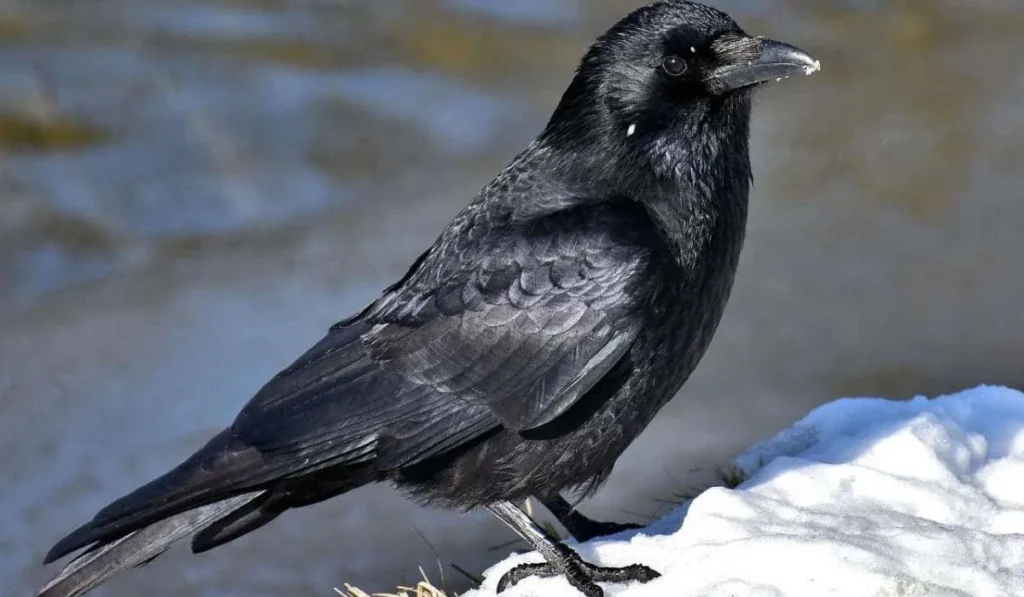Have you ever seen a tiny mockingbird dive-bombing a much bigger crow? It looks pretty funny, but there’s actually a reason why these little birds chase after the bigger ones. Let’s find out why mockingbirds chase crows!
Table of Contents
ToggleThe Territorial Mockingbird
Mockingbirds are very protective of their space. They do not like other birds near their nests. Let’s look at a table that shows why they chase crows.
| Reason | Description |
|---|---|
| Protecting Chicks | Mockingbirds chase to keep their babies safe. |
| Guarding Food | They don’t want crows to steal their food. |
| Showing Strength | Chasing away crows proves they are strong. |

Clever Crows
Crows are smart birds. They like to eat the same food as mockingbirds. But they are often bigger than mockingbirds.
Mockingbirds in Action
When a crow comes close, the mockingbird will act. It flies up high and dives at the crow. This is to scare the crow away.
Understanding Bird Behavior
Birds do things for good reasons. They are trying to live and take care of their families. Watching birds can teach us a lot.

Respecting Wildlife
It’s important to respect all animals. Even when they do things we don’t understand.
Read previous articles:
Birds That Look Like Dragons
Frequently Asked Questions
Why Do Mockingbirds Target Crows Specifically?
Mockingbirds are highly territorial birds and often perceive crows as potential threats to their nests and young, prompting them to chase them away aggressively.
What Triggers Mockingbirds To Chase Crows?
The presence of crows near a mockingbird’s nest, especially during the breeding season, can trigger the mockingbird’s protective instincts to chase them.
Can Mockingbirds Successfully Scare Away Crows?
Yes, mockingbirds can be quite effective at deterring crows through their relentless chasing and mobbing behavior, despite the size difference.
Do Crows Ever Retaliate Against Mockingbirds?
Crows are intelligent and may retaliate if they feel threatened, but they often avoid confrontation by leaving the area when chased by mockingbirds.


